-
Negotiating Patriarchal Power in the UAE
The United Arab Emirates presents a compelling narrative of gender progress with its rapid modernisation, extensive educational achievements among women and international recognition for its national policies advancing gender parity. Yet the notion of patriarchal bargaining is critical to understanding the intricate forces that shape women’s empowerment and their capacity to assume leadership roles in…
/

-
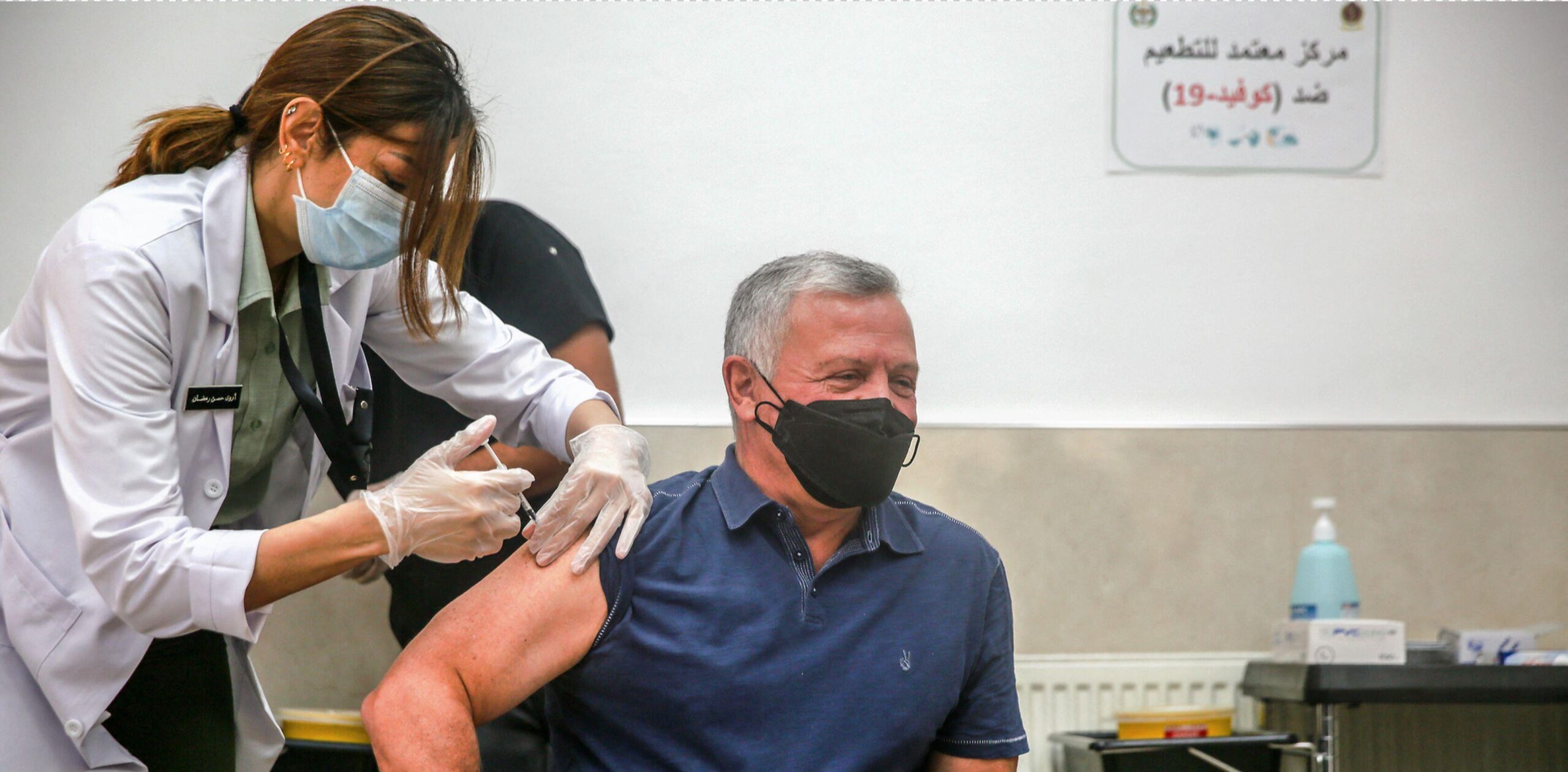
COVID-19 and Female Labour Force Participation in Jordan
COVID-19 has exacerbated the challenges of female labour participation in Jordan. Female social involvement has significantly decreased by virtue of caring for their children and other familial responsibilities – especially since kindergartens were one of the first common areas to be closed during quarantine. Recent research has concluded that there is a noticeable low rate…
/
-
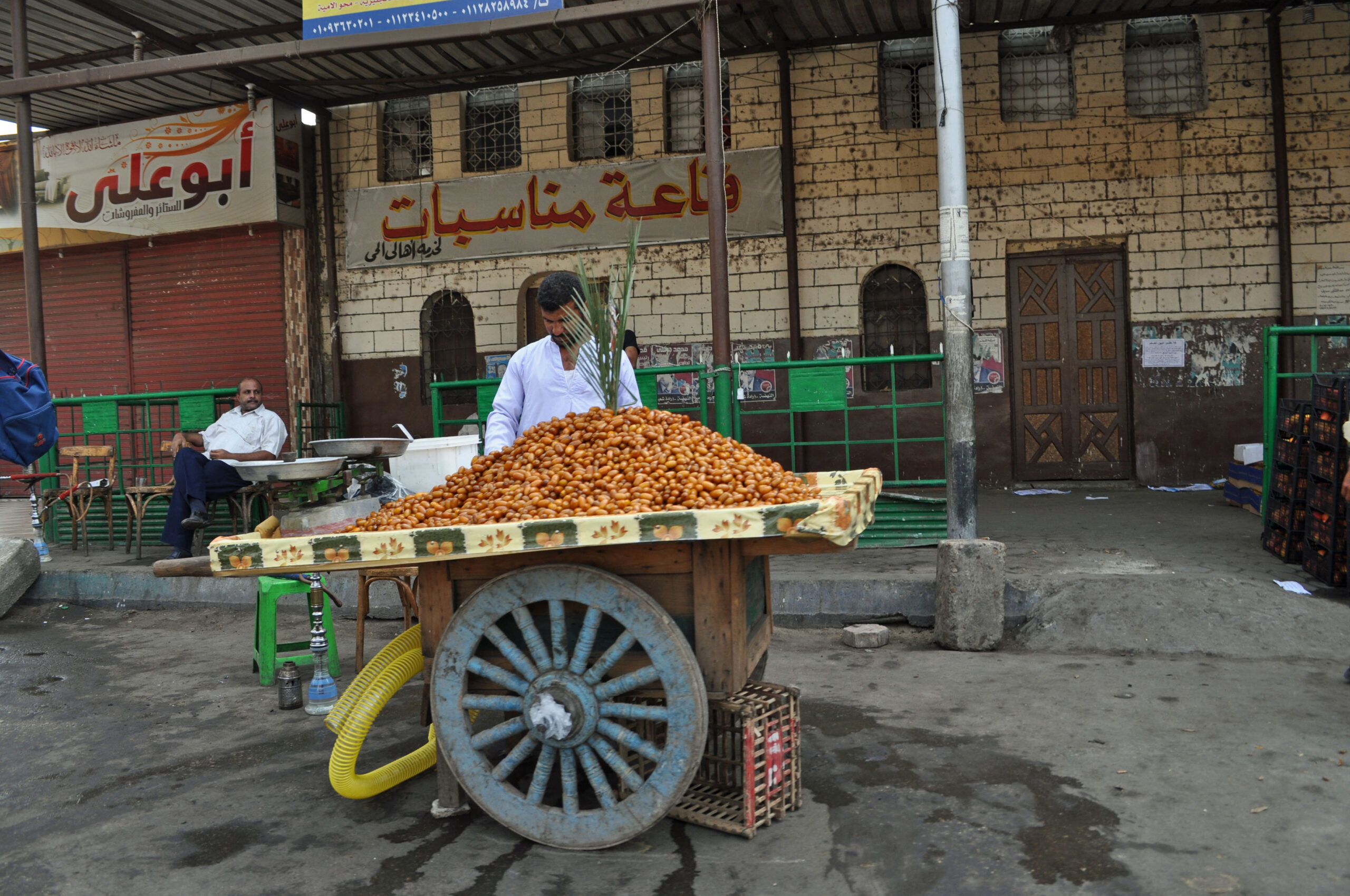
Covid-19 and Egypt’s Informal Economy
For many Egyptians and policymakers alike, Egypt’s informal sector represents both a blessing and a curse. Through ease of entry, it provides employment for those shut out of the formal sector, but it is also characterised by poor working conditions and weak worker protections. The Egyptian government has shown great ambivalence towards the sector, sometimes trying…
/
-
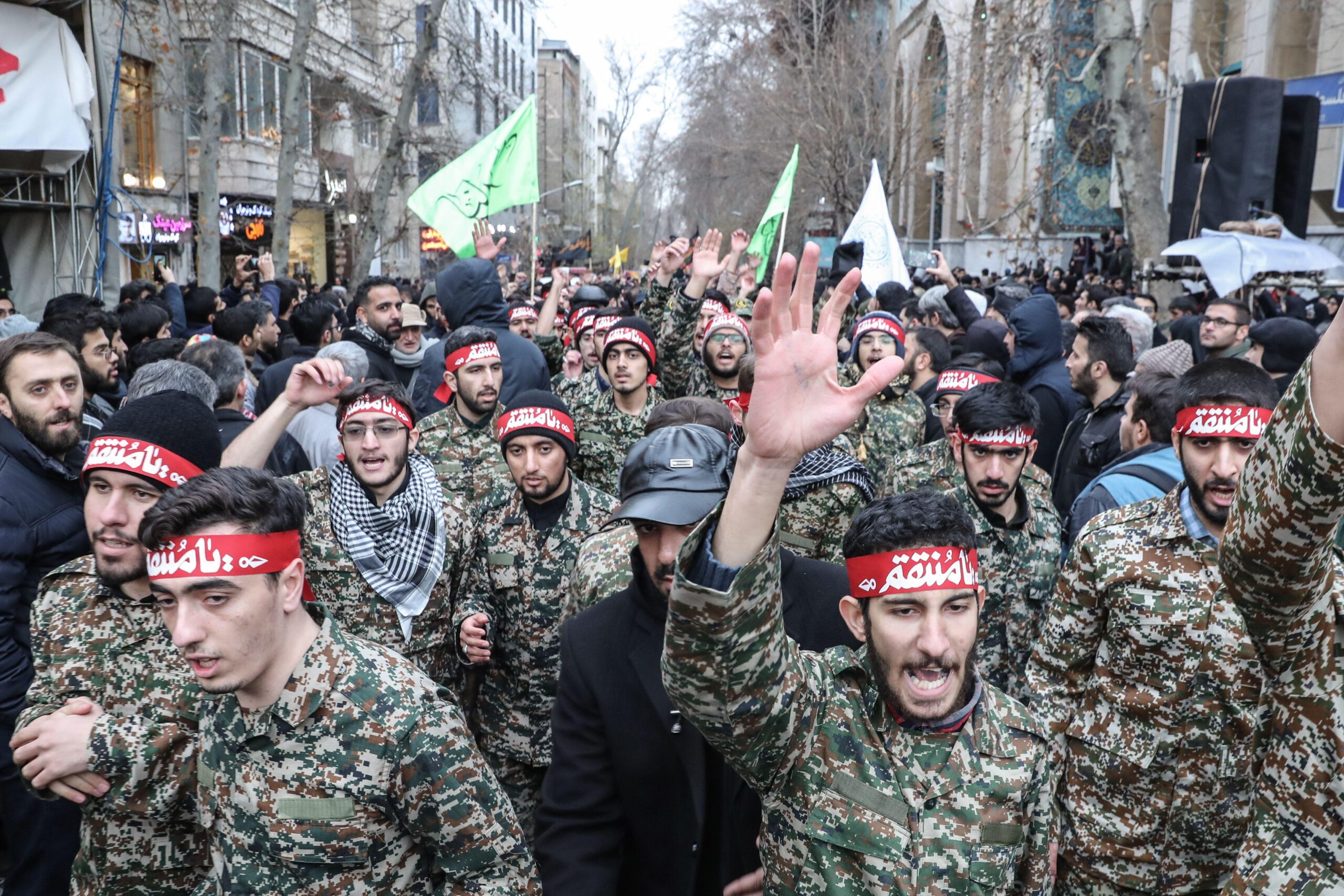
Iran’s Continued Expansion in Southern Syria
The Syrian regime forces besieged Daraa al-Balad area at the beginning of last August 2021, when the forces of the Iranian-backed Fourth Division brought military reinforcements to the area, and the Military Security Branch set up several checkpoints at the entrances and exits of the area, while closing the rest of the roads. Later, military…
/
-
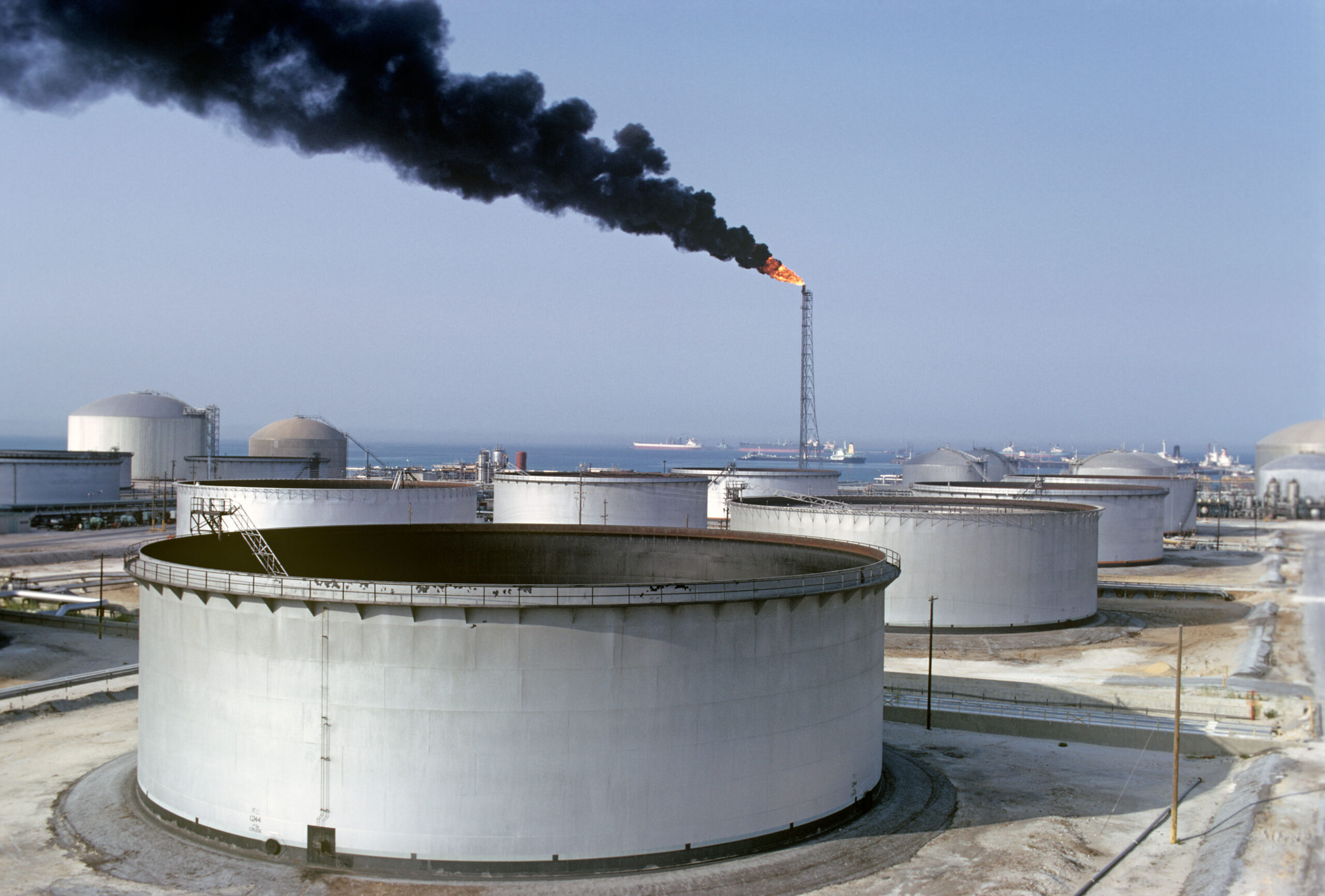
Gulf Energy Set to Win in Climate Action
Climate pressure is tilting the global oil business in favour of the giant state-owned oil companies in the Persian Gulf. As oil demand plateaus and starts to decline, these firms have market advantages that will allow them to dominate shareholder-owned oil companies which face a tougher regulatory and price environment. This dichotomy is emerging as…
/
-
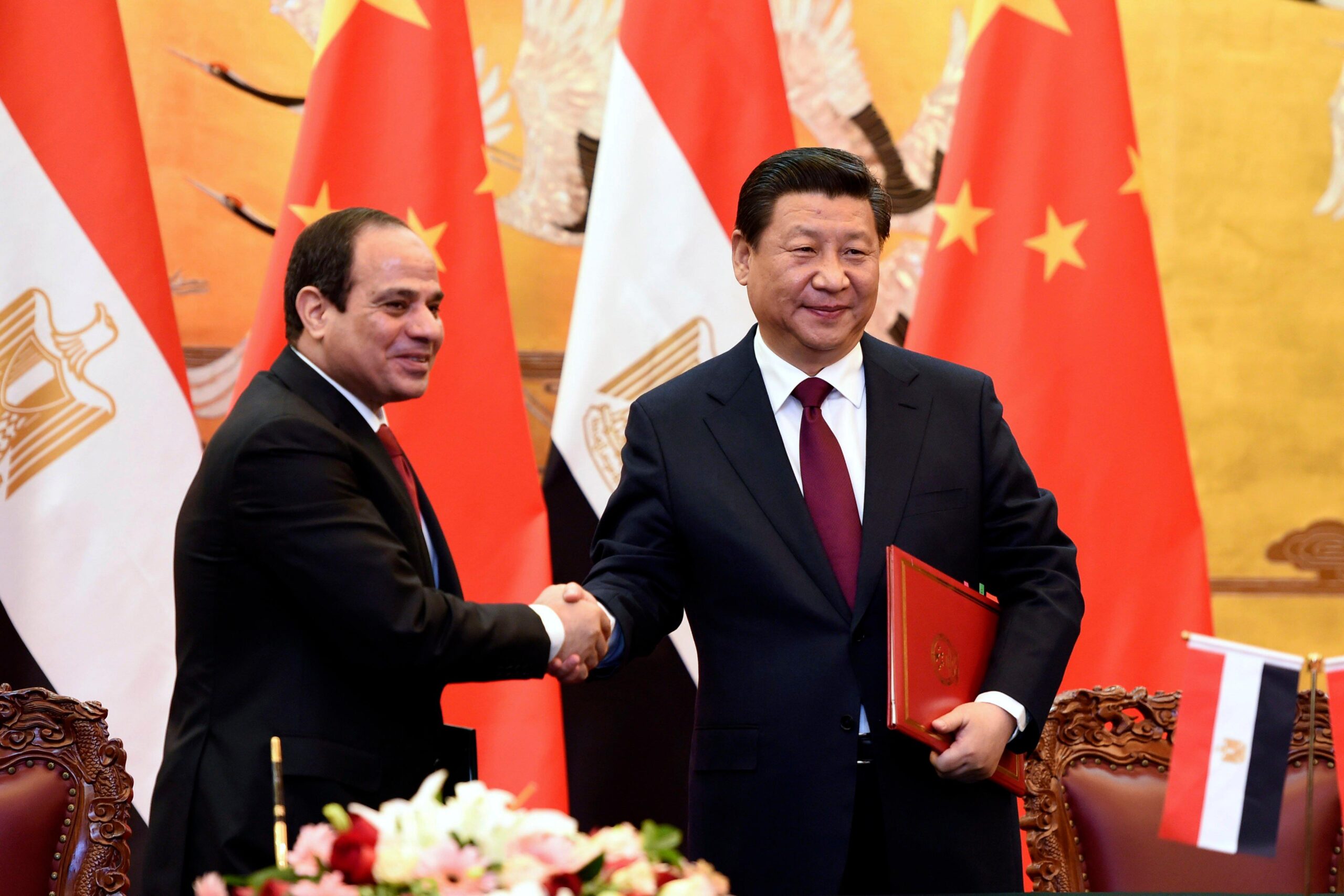
Economics Driving China’s interest in Egypt
On 30 June, a Chinese State Construction and Engineering Company (CSCEC) work crew lifted into place a steel skyway connecting two office buildings in the Central Business District (CBD) of Egypt’s New Administrative Capital – an engineering feat that serves as a fitting metaphor for the two countries’ rapidly developing commercial relationship. In a 27…
/
-
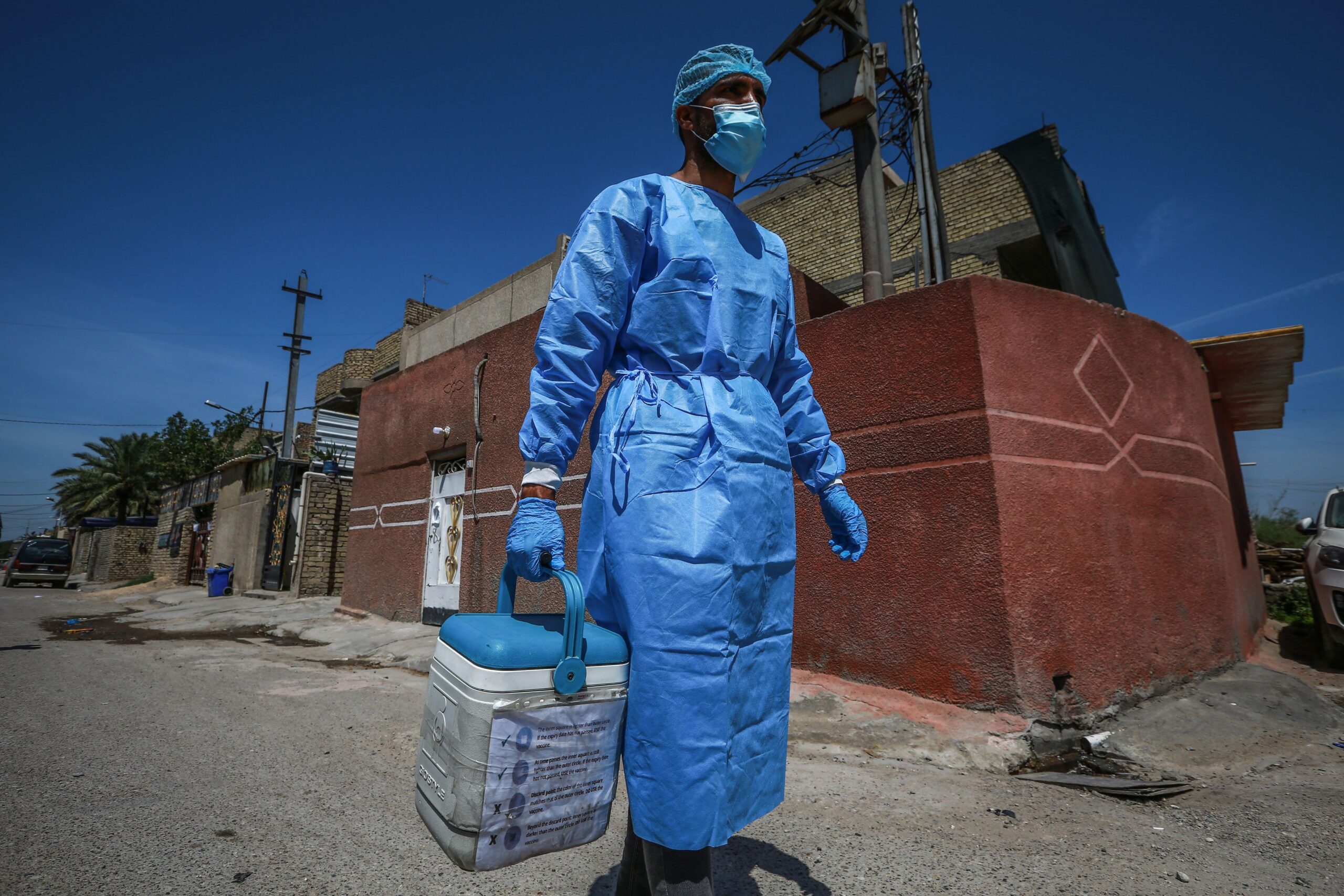
COVID-19 and Iraq’s Fractured Healthcare System
In July of this year, a fire tore through the COVID-19 isolation ward of Iraq’s al-Hussein Teaching Hospital in the city of Nasiriyah. At least 64 people were killed and dozens more injured, with the cause of the accident still disputed. Initial police reports suggest that the trigger was the explosion of an oxygen tank,…
/
-
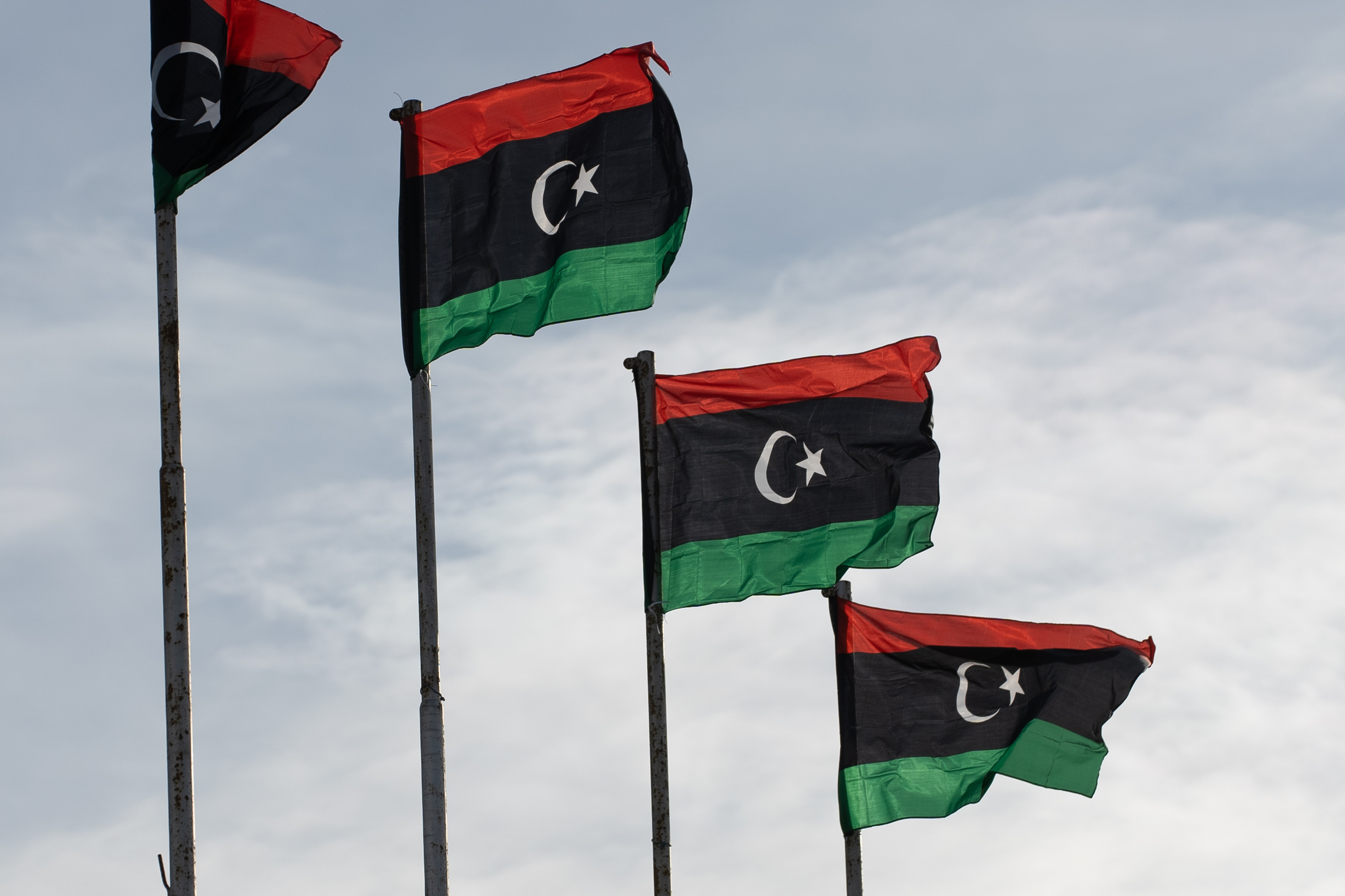
Libya at a crossroads, again
The current strategic and political situation in Libya seems almost unrecognizable from the perspective of just a year ago. For the first time in nearly a decade, Libya appears to have a widely supported transitional administration under recently appointed Prime Minister Abdul Hamid Dbeibah. There are also ongoing talks to unify the command structures of…
/
-
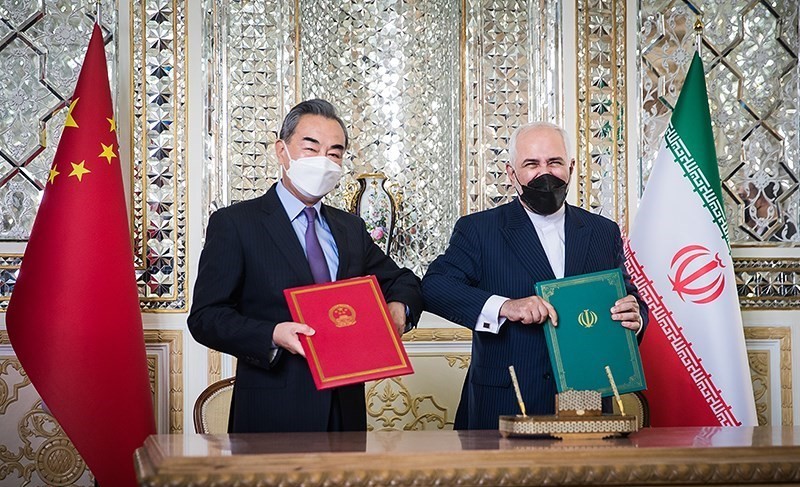
China as a new Gulf mediator?
China’s relationship to the Gulf could be changing. Previously, it avoided conflict and risk, which helped it establish good diplomatic relations and expand its commercial ties in the region. That approach may become harder given the high importance of Saudi Arabia and Iran to Chinese investments and the two countries’ own rivalry and competitive struggles…
/
-
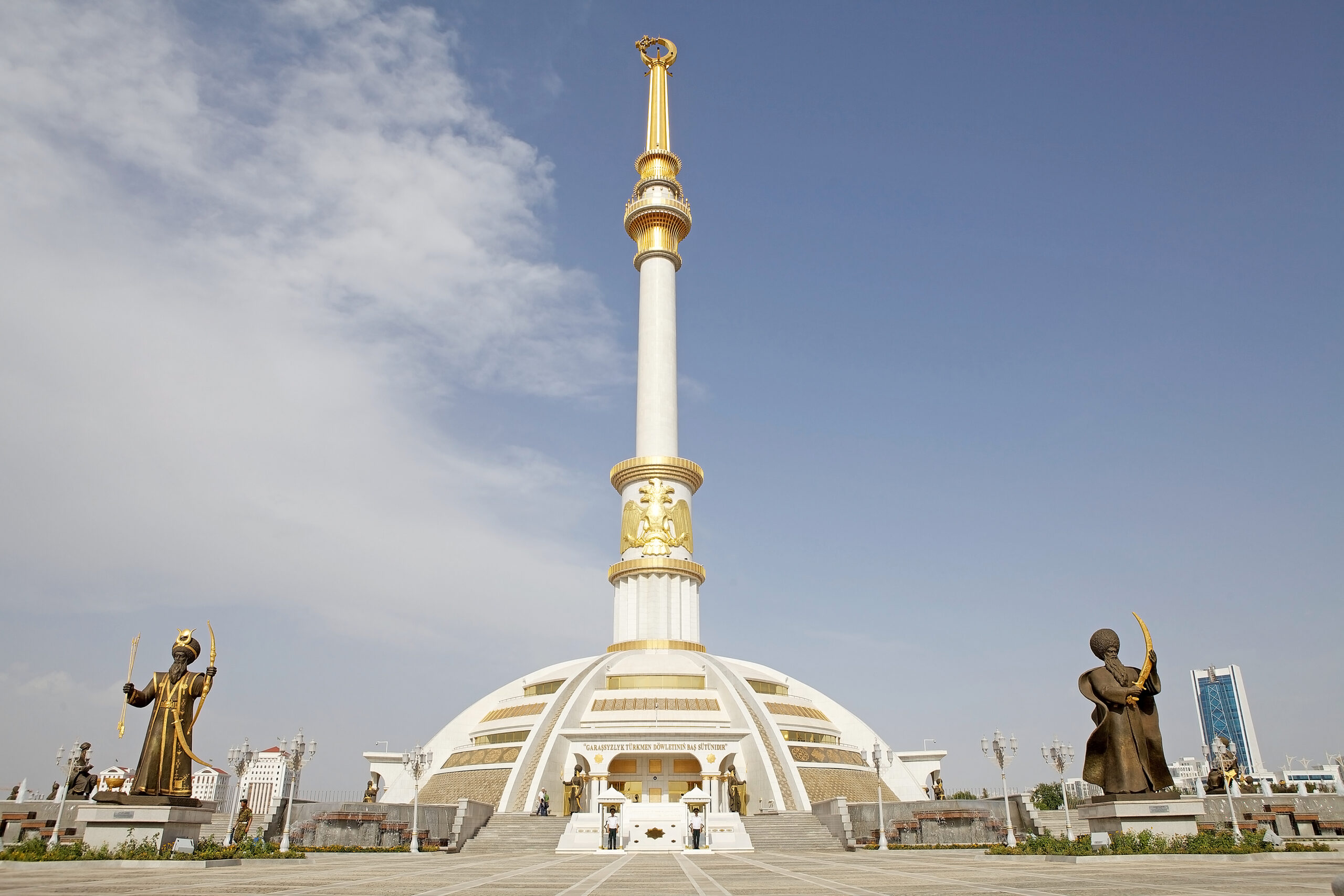
Turkmenistan food crisis – a threat to regime stability?
Turkmenistan has been facing an increasing crisis of food, primary products, and cash shortages. The crisis is a result of lower natural gas prices, Turkmenistan’s primary export, and a Chinese monopoly over gas exports. Although the regime often trumpets its economic successes, the crisis has accelerated, and imports of food and consumer goods were cut…
/
-

Hope and risk in Qatar’s investment environment
Launched in June 2017, the so-called ‘blockade’ of Qatar by the ‘Anti-Terror Quartet’—comprising Saudi Arabia, the United Arab Emirates, Bahrain, and Egypt—appeared to finally come to an end on 5 January 2021. Ostensibly agreeing at the 41st annual summit of the Gulf Cooperation Council to forgo their thirteen original demands—which were mostly aimed at curtailing…
/



